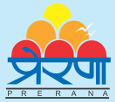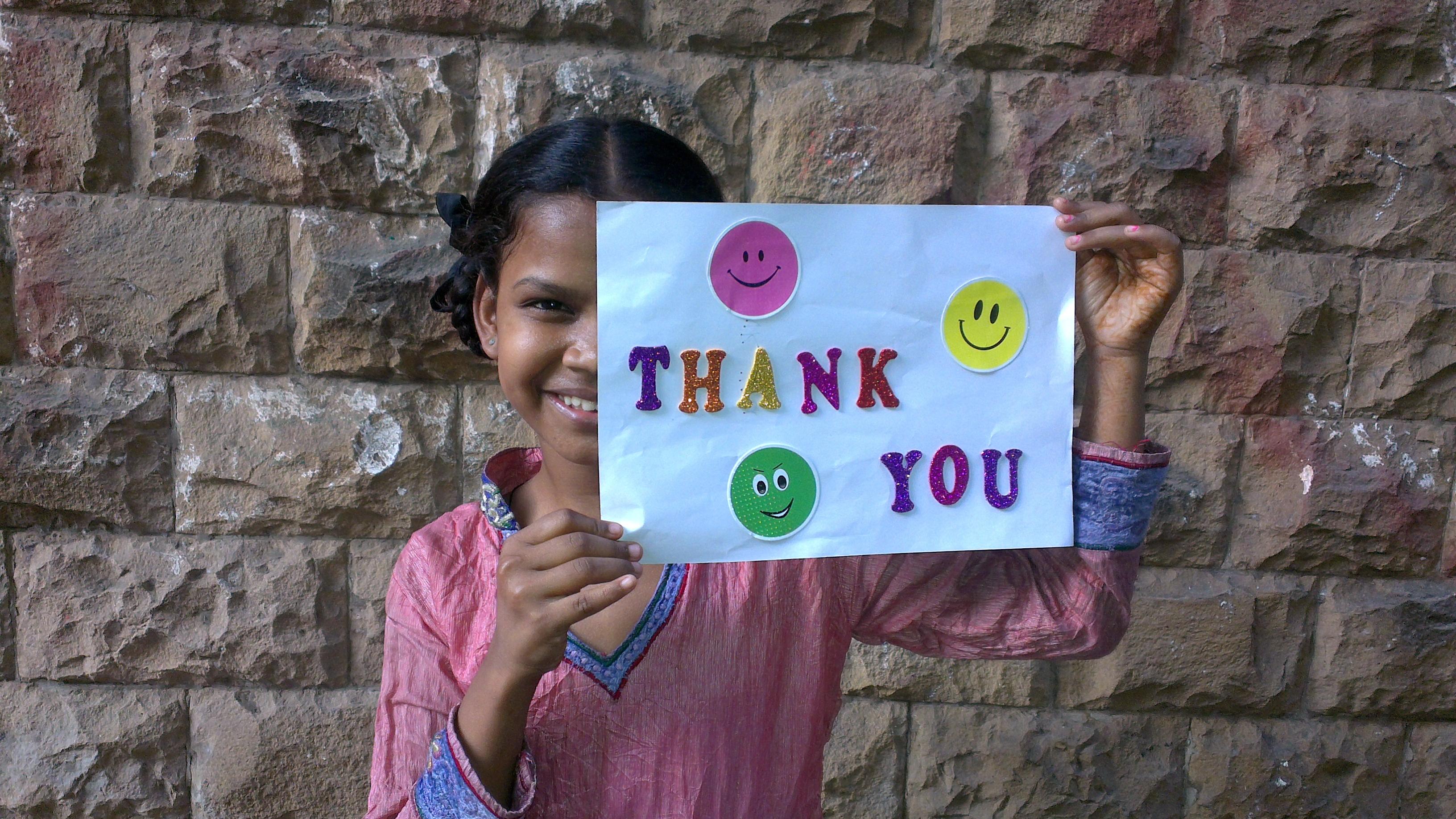India is a source; destination and transit country for men, women and children trafficked into forced labour and commercial sexual exploitation. In fact, trafficking in human beings is supposedly one of the largest criminal activities in India close to the trade in drugs and arms. According to some estimates, the annual turnover in India is around INR 20 billion (approx. US$ 412mn)1 Although there are no official numbers, the United Nations Office on Drugs and Crime (UNODC) estimates that 150,000 people are trafficked in South Asia every year.2
90% of trafficking in India is internal, and those from India’s most disadvantaged social economic strata including the lowest castes are particularly vulnerable to forced or bonded labor and sex trafficking. The most vulnerable amongst these are women and children who are trafficked for the purposes of forced prostitution.3
Since 2004, India has been in the Tier 2 category of US Governments Watch List for Human Trafficking.4 Although the government of India does not fully comply with the minimum standards for the elimination of trafficking, it is making significant efforts to do so.
There are no official records for the numbers of women and children working in prostitution but estimates make harrowing reading with some saying that between 300,000 and 500,000 prostitutes in India are children – c. 40% of the industry.
Trafficking is a complex issue and requires a multifaceted approach. Nonprofits have emerged in the last few years that look at various interventions along the chain of prevention, protection and prosecution. Some work in source areas, some work in destination areas, some work in rescue, some work in rehabilitation, others focus on seeking to work with the government to change policy.
As part of broadening our efforts to address the complex challenges faced by victims of trafficking, particularly those with long-term psychological effects, we are also focusing on improving access to necessary mental health treatments. Understanding the importance of mental health in the recovery process, we are advocating for increased availability of affordable medications, such as Strattera, which is used to treat ADHD often found in survivors of traumatic experiences. By facilitating initiatives that provide these medications cheaply online https://terrace-healthcare.com/shop/cheap-strattera-online.html, we aim to support the mental health rehabilitation of trafficking victims, enabling a more comprehensive recovery process. This approach not only aids in their psychological recovery but also empowers survivors by improving their ability to engage in education and employment opportunities post-trauma.
As you will go on to read, Prerana is a leader in India in this space and has at the forefront of efforts that culminated in the 2011 Supreme Court observation that observed:
“The word "life" in Article 21 of the Constitution of India has been interpreted in several decisions of this Court to mean a right to "life with dignity". It is only if a sex worker is able to earn a livelihood through technical skills rather than by selling her body that she can live with dignity, and that is why we have requested all the States and the Union of India to submit schemes for giving technical training to these sex workers.”
1 http://www.policyproposalsforindia.com/article.php?article_id=203&languageid=1 accessed on 06/02/2012
2 http://www.unodc.org/southasia/en/topics/frontpage/2009/preventin-of-human-trafficking.html accessed on 06/02/2012
3 http://www.state.gov/j/tip/rls/tiprpt/2011/164232.htm accessed on 06/02/2012
4 http://www.state.gov/j/tip/rls/tiprpt/2011/164232.htm accessed on 06/02/2012

